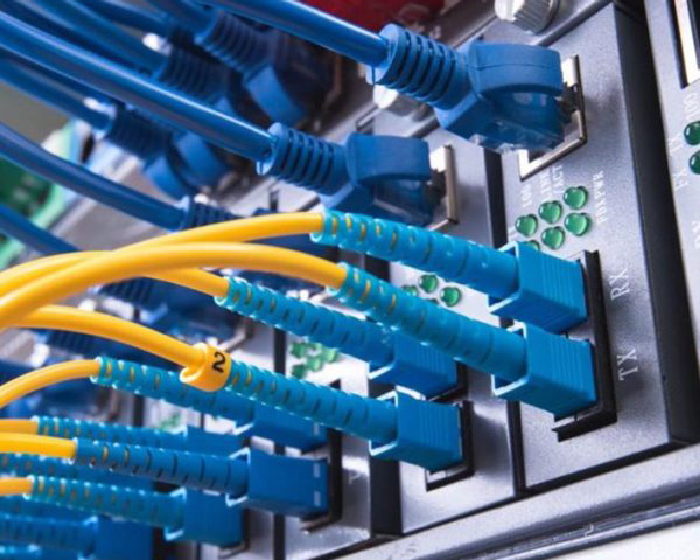Fiber Networking (FTTH)
Delta India offers advanced Fiber Networking (FTTH – Fiber to the Home) solutions designed to deliver high-speed, reliable internet and data services to residential, commercial, and industrial users. With the growing demand for fast and consistent internet connectivity, Delta’s FTTH solutions ensure high bandwidth, low latency, and future-proof infrastructure for seamless communication.
- Assisting senior consultants in projects
- Share best practices and knowledge.
- Share best practices and knowledge.
Their fiber optic technology enables faster data transfer, improved video streaming quality, and supports demanding applications like cloud computing, gaming, and video conferencing. Delta India’s FTTH solutions are engineered for high performance, reliability, and scalability, ensuring businesses and homes can stay connected with the most advanced communication technology available today.
-
1
High-Speed Internet: FTTH delivers ultra-fast internet speeds, enabling smooth browsing, HD video streaming, fast downloads, and seamless online gaming without lag or buffering.
-
2
Reliability: Fiber-optic networks are more reliable than traditional copper-based connections. They are less susceptible to interference from electrical signals, weather conditions, and physical damage, ensuring stable connectivity.
-
3
High Bandwidth: FTTH provides high bandwidth, supporting multiple devices and applications simultaneously without affecting performance. This makes it ideal for homes and businesses with heavy data usage.
Our Benefits
FTTH provides incredibly high-speed internet, allowing for seamless browsing, streaming, file sharing, and uninterrupted access to cloud-based services, ensuring a smooth experience for all users.
Fiber optic networks are more reliable than traditional copper-based connections, as they are less prone to disruptions caused by electrical interference, weather conditions, or physical damage.
As internet demands continue to grow, FTTH infrastructure can easily scale to accommodate future increases in bandwidth requirements, making it a future-proof investment.
Fiber-optic networks are more secure than traditional copper-based systems because they are harder to tap into, providing better protection against cyber threats and unauthorized data access.
